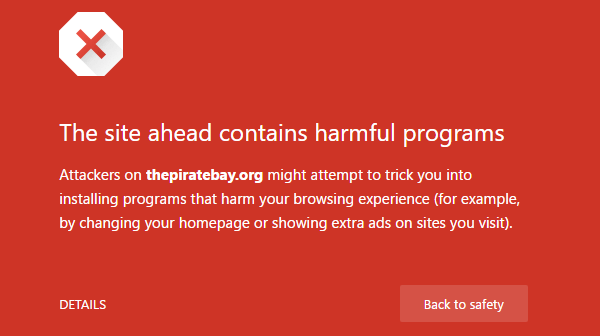“Trolls” Try to Censor TorrentFreak’s Copyright Trolls Coverage…
dimanche 13 novembre 2016 à 11:20 Week in and week out copyright holders scour the Internet to detect and report millions of alleged infringements.
Week in and week out copyright holders scour the Internet to detect and report millions of alleged infringements.
They report these links to Google and other services, with requests to take them offline.
Unfortunately, not all of these allegations are correct. Over the years, we have written dozens of articles on DMCA takedown abuse and mistakes. While these usually focus on other sites, we are sometimes targeted as well.
For example, a few days ago Estonian Theatrical Distribution tried to have two Torrentfreak.com URLs removed from Google’s search results.
The outfit in question owns the local distribution rights for the Dreamworks’ movie Trolls and indirectly accused us of spreading pirated copies.
Of course, reality is a bit more nuanced. If we take a look at the reported URLs it’s immediately clear that they’re not infringing at all. In fact, they’re not even about the movie in question.
As can be seen below, one of the “infringing” links points to a news report about the Swedish invasion of copyright trolls that was canceled last week. The other link is harmless as well, referencing our archive of “copyright trolls” articles.

Apparently mentioning the word “trolls” in a news article can put you at risk of being scrapped from Google’s search results. Needless to say, these type of mistakes are quite worrisome.
And it’s not the only mistake they’ve made. The same notice also lists a link to a Boxtrolls torrent. While this may be pointing to infringing content, it’s an entirely different movie that’s accidentally targeted for using the word trolls.
Luckily for us, we have Google on our side.
The company wisely decided not to take any action and has kept our content in its search results. However, it’s easy to see how a mistake like this get missed in the millions of reports that come in every week.
Source: TF, for the latest info on copyright, file-sharing, torrent sites and ANONYMOUS VPN services.
 At TorrentFreak we have no interest in reporting on politics, except when it’s relevant to copyright issues.
At TorrentFreak we have no interest in reporting on politics, except when it’s relevant to copyright issues. 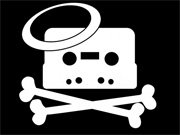 Each year, The Internet Foundation In Sweden (IIS) produces a report titled ‘Swedes and the Internet.’ As its name suggests, the report aims to shine light on how people behave online.
Each year, The Internet Foundation In Sweden (IIS) produces a report titled ‘Swedes and the Internet.’ As its name suggests, the report aims to shine light on how people behave online.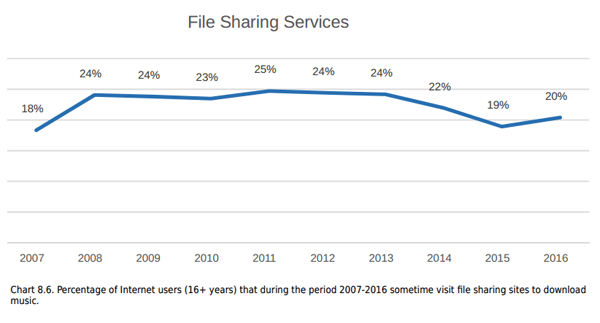
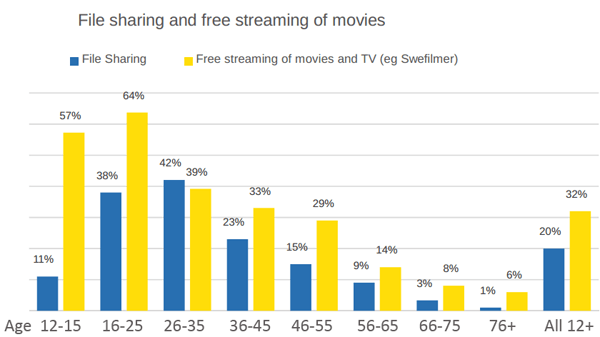
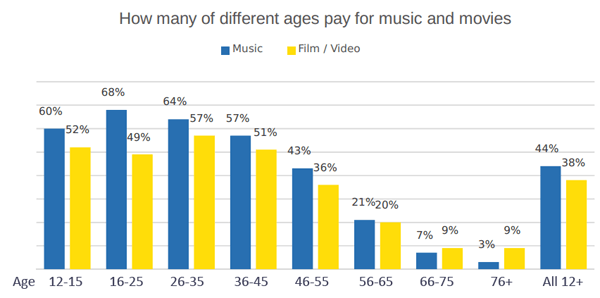
 Google regularly checks websites for malicious and harmful content to help people avoid running into dangerous situations.
Google regularly checks websites for malicious and harmful content to help people avoid running into dangerous situations.